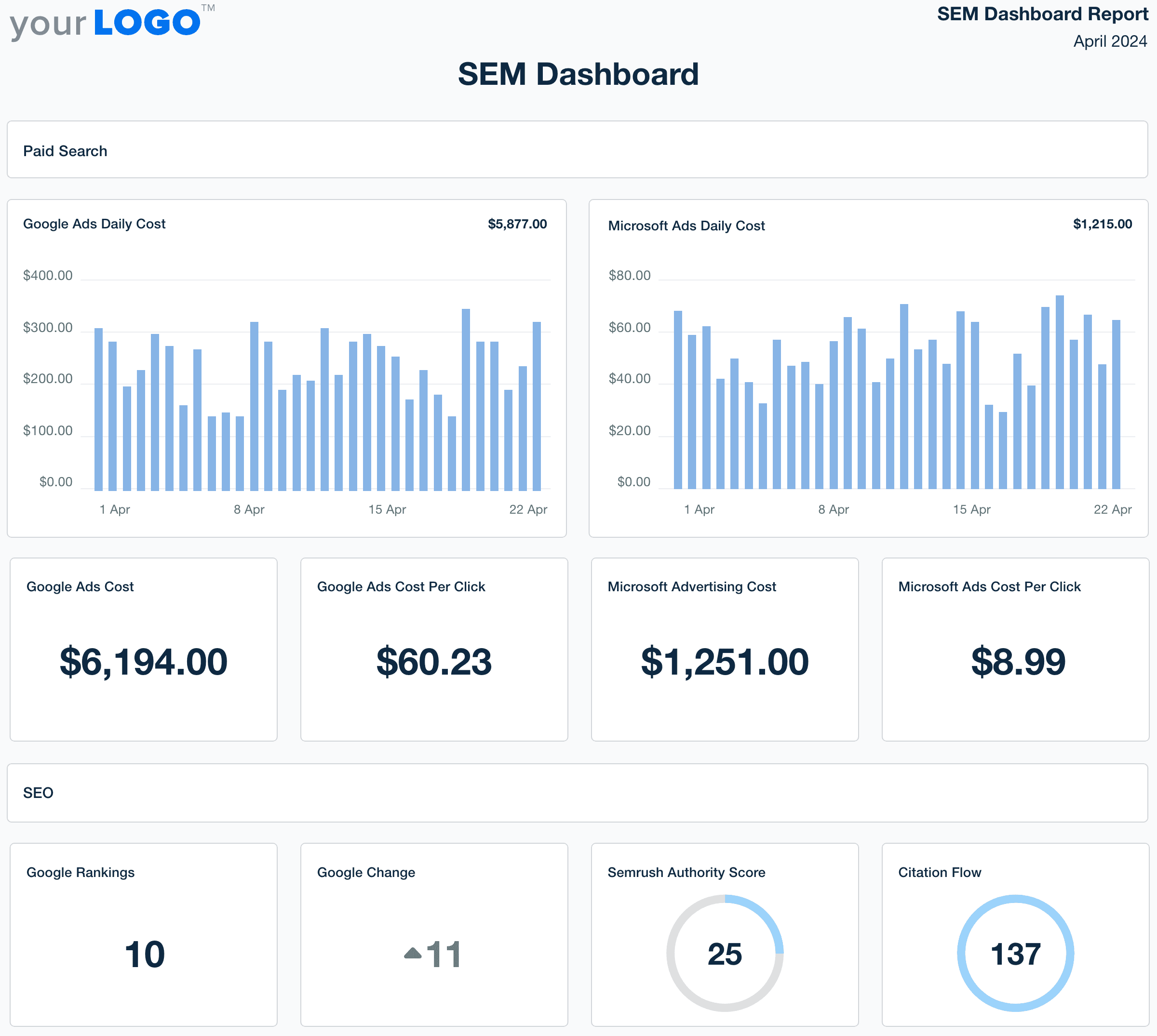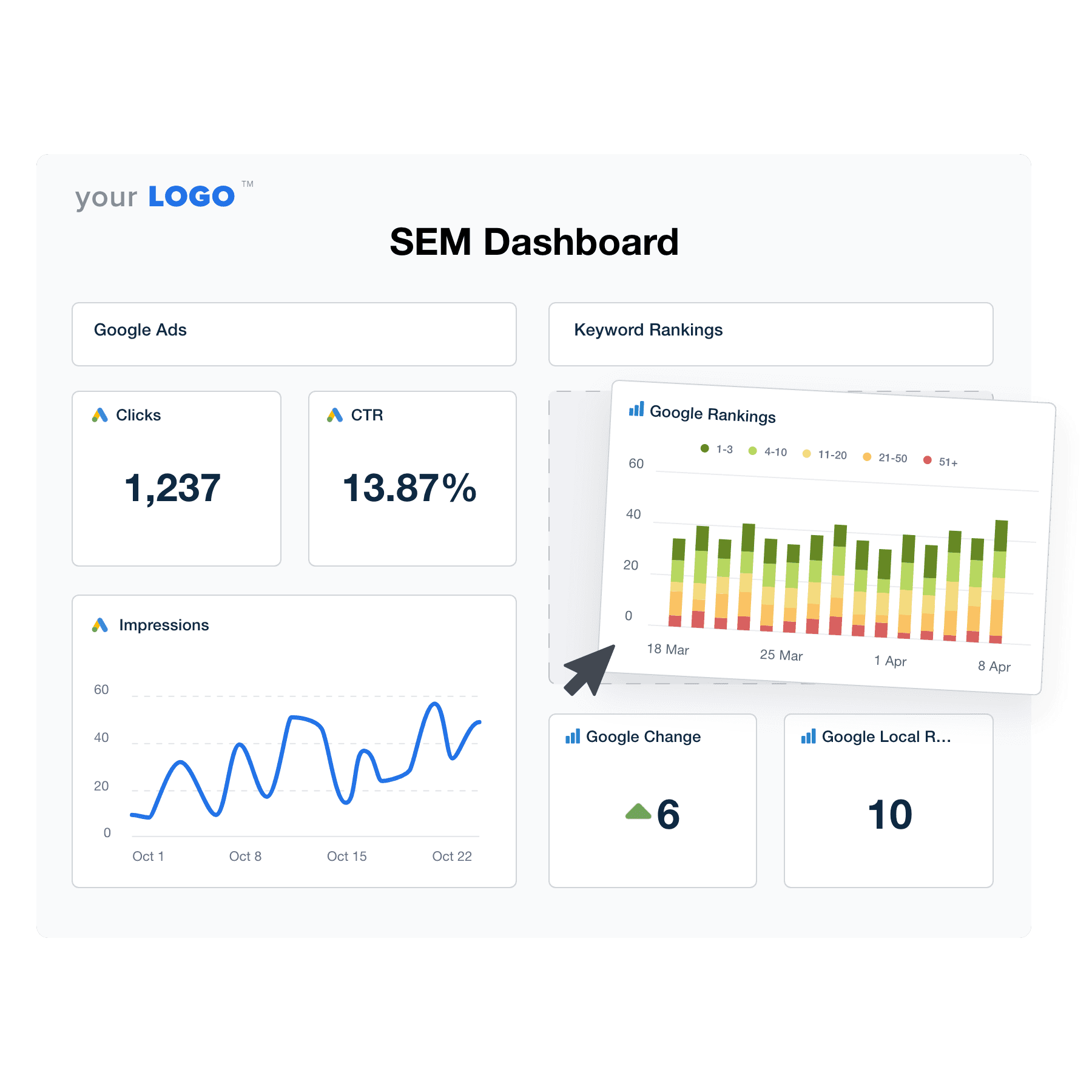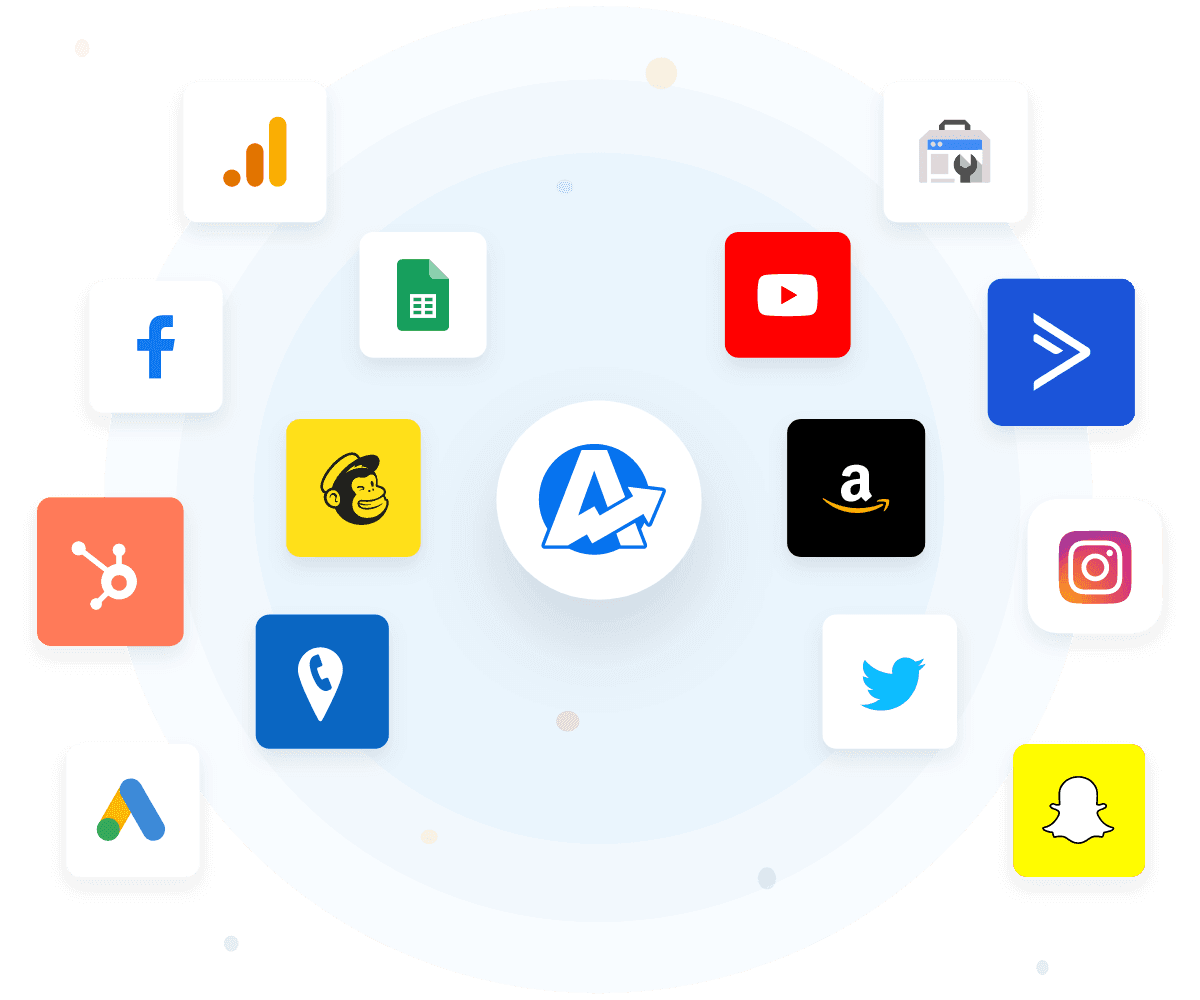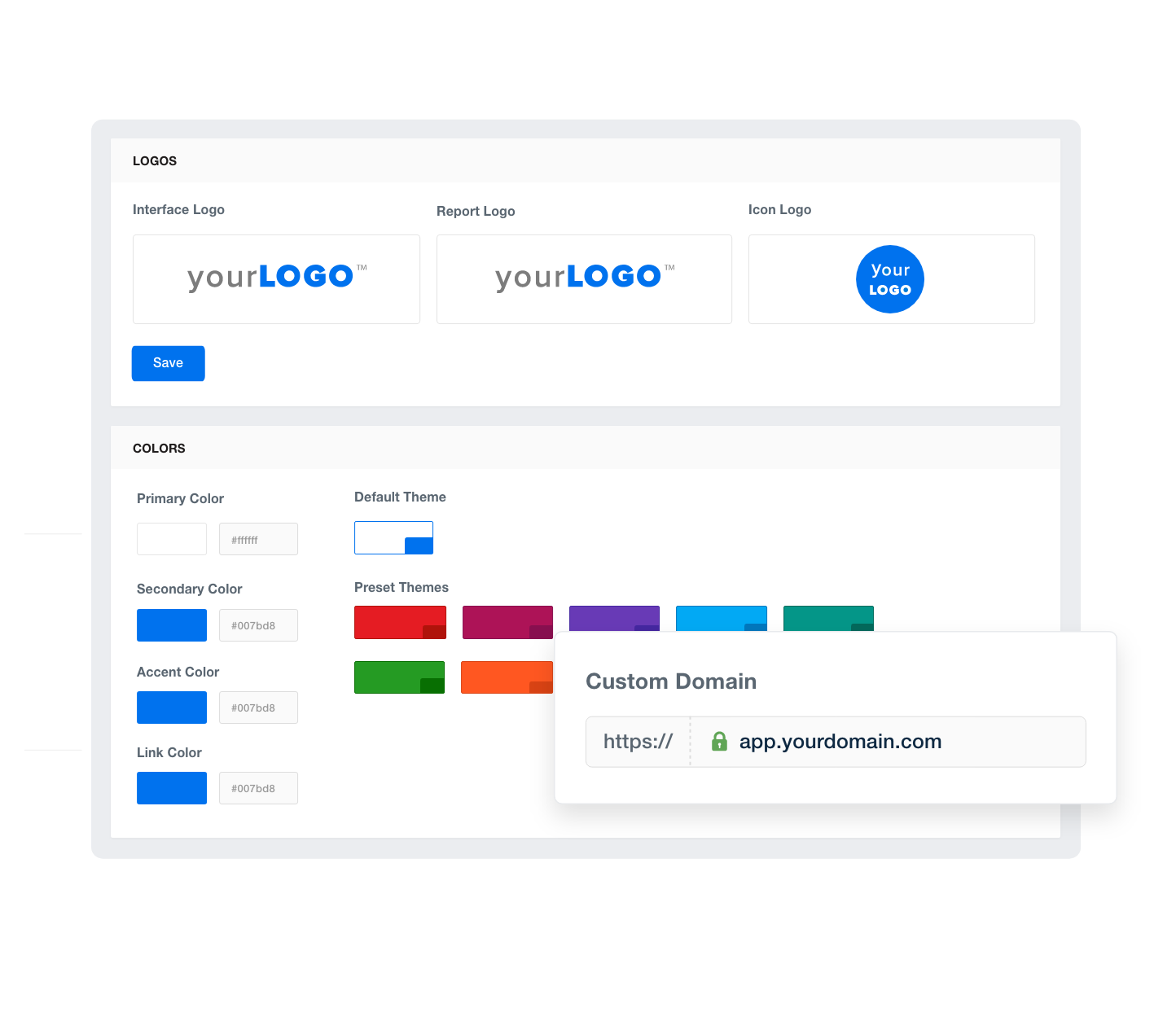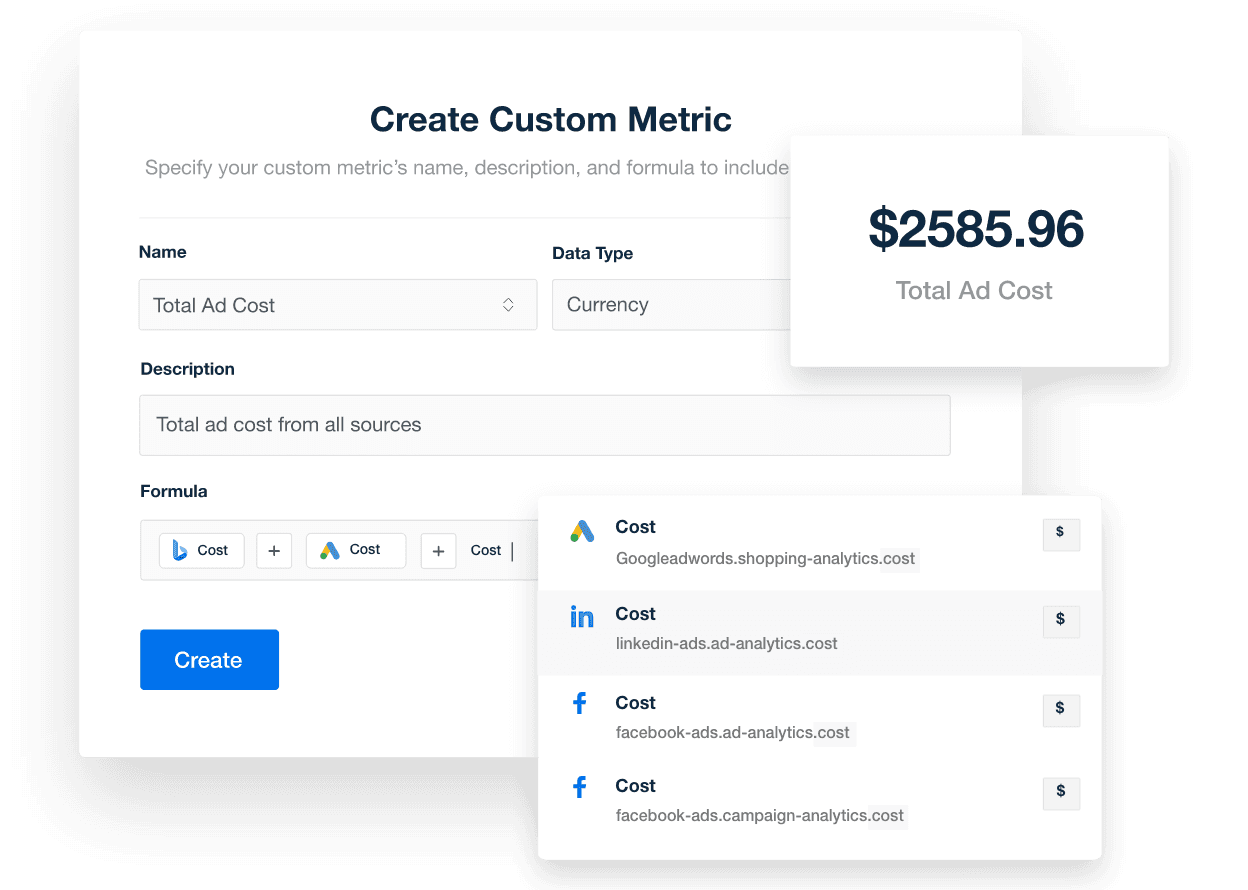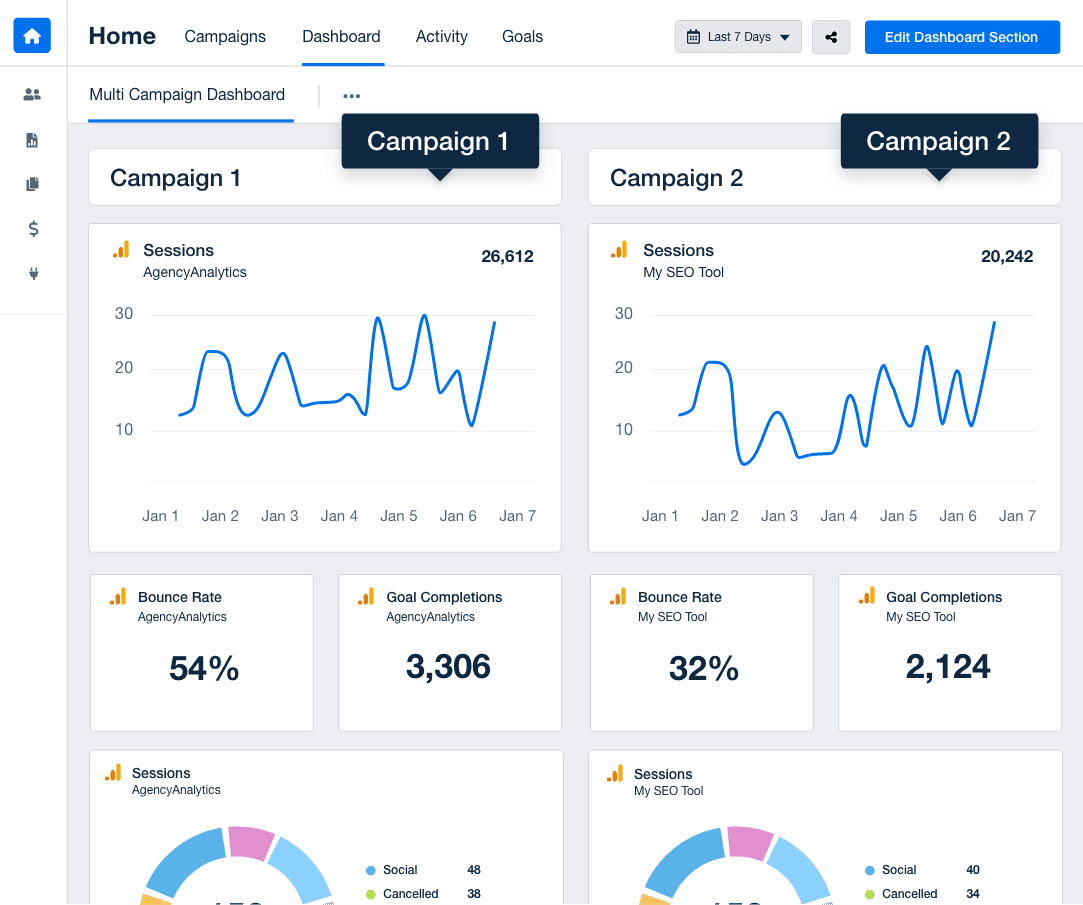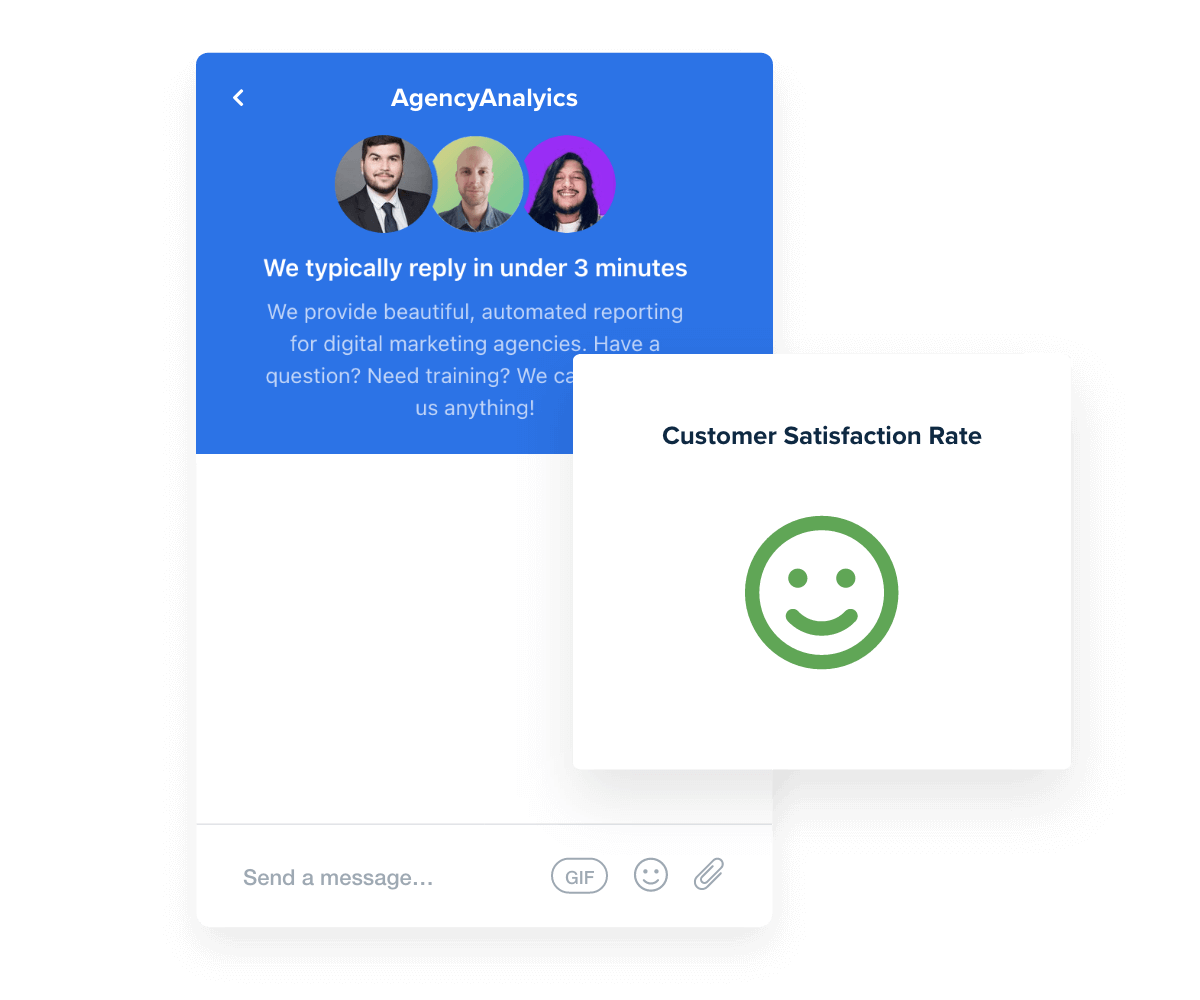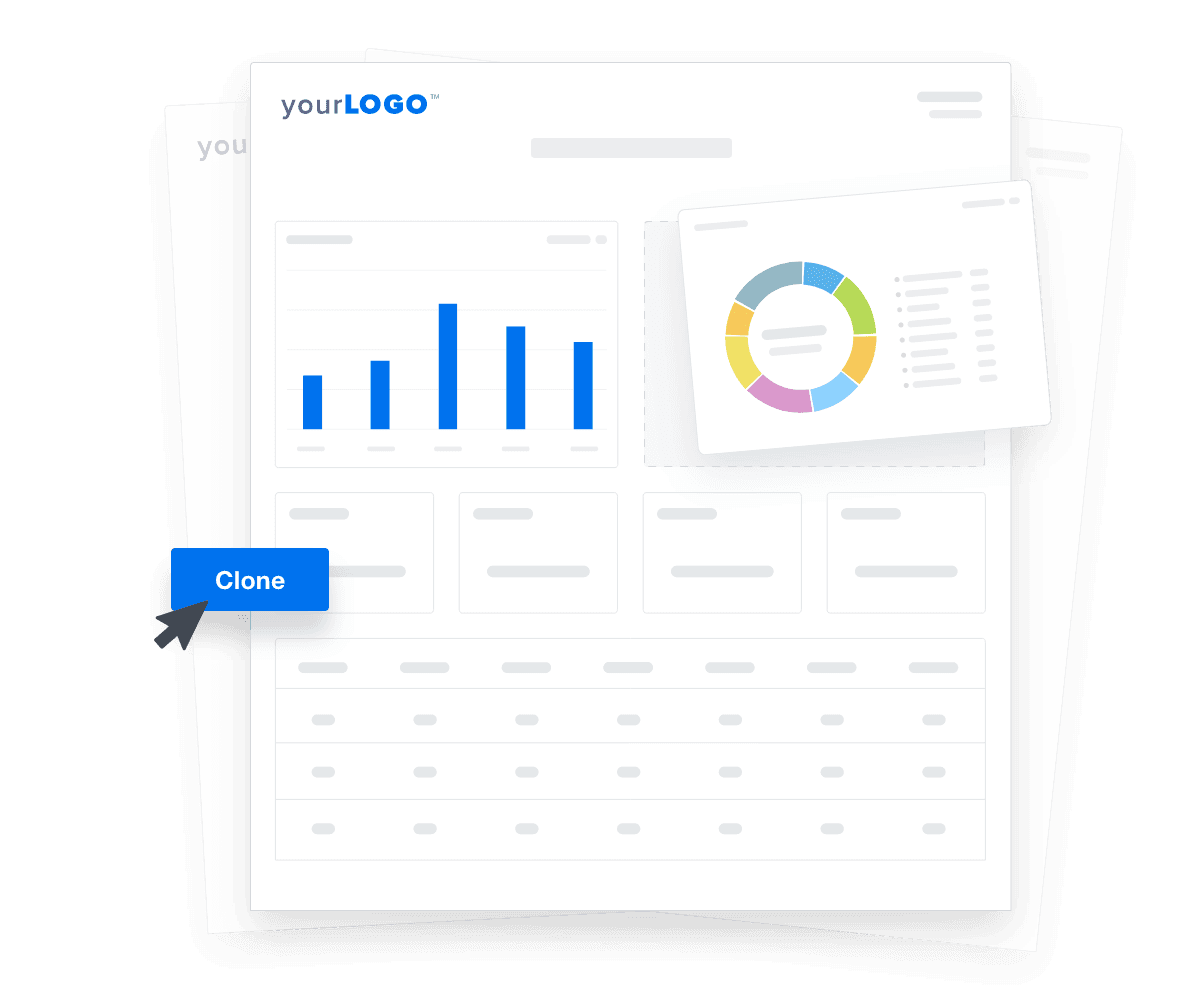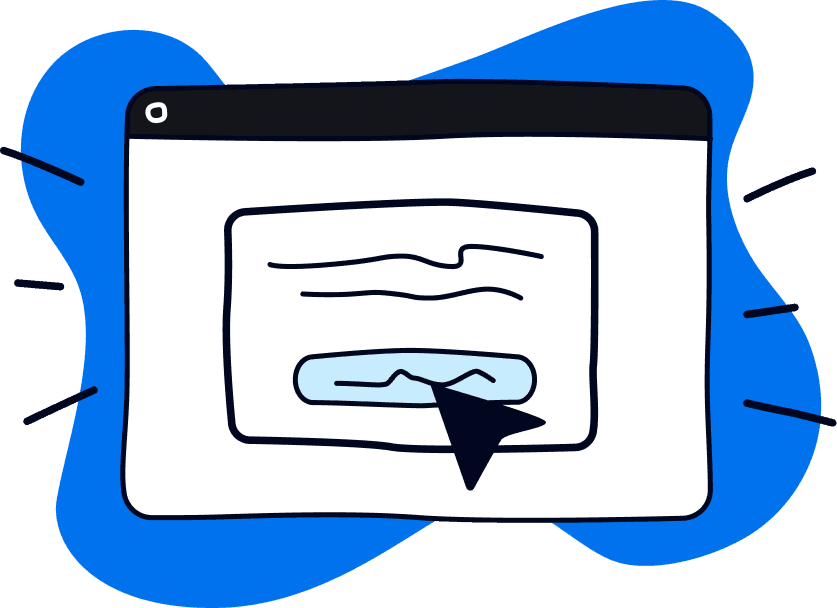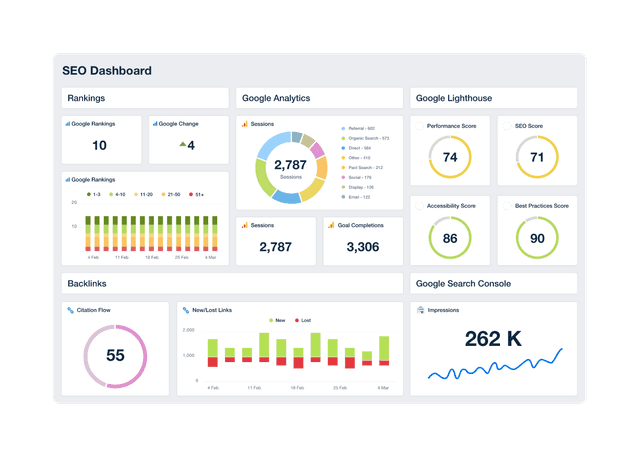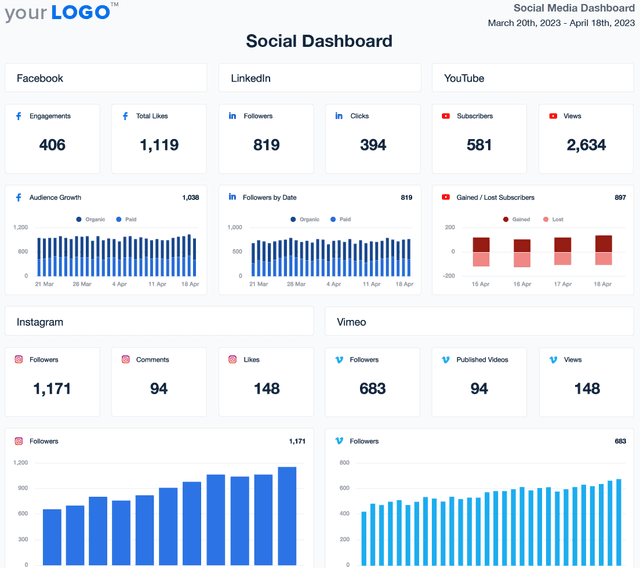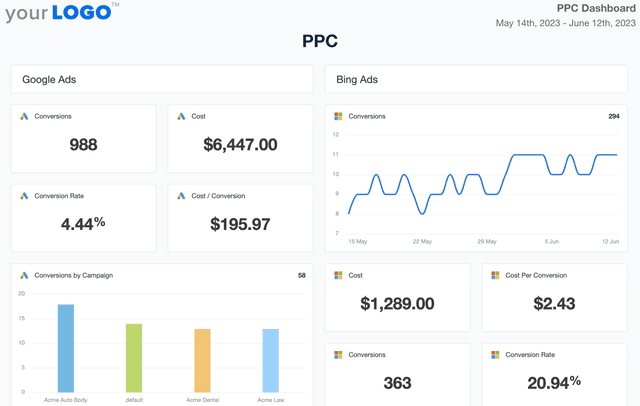SEM Dashboard for Performance Tracking and Client Reporting
Custom SEM Dashboards as Unique as Your Agency
Customizable SEM Dashboard for Smarter Search Marketing Insights
A white-labeled SEM dashboard consolidates cross-channel PPC performance into one intuitive view. Highlight CTR, CPC, conversions, and other key metrics that matter to your clients. Customize widgets, adjust layouts, and white label the entire experience to match your agency’s brand.
With automated reporting and integrations across major platforms like Google Ads, Bing Ads, and Meta, agencies reduce time spent on manual reporting and focus on refining strategy, improving ROI, and scaling what works.
Custom SEM Dashboards as Unique as Your Agency
Access 80+ Marketing Platform Integrations
Manage online campaigns across multiple channels with access to all the data from 80+ marketing platform integrations.
No need to pull data manually! Simplify campaign analysis, save time, and provide a comprehensive view of performance.
White Label Client Dashboards for Seamless Branding
Generate white label client dashboards to present reports that reflect your brand’s identity.
Custom-branded dashboards provide a seamless experience, making it easier to demonstrate value and maintain consistency across communications.
Custom Dashboards for Multi-Client Oversight
Easily create custom SEM dashboards at the agency account level to view key metrics and data for multiple clients in one centralized location.
Simplify campaign management and keep an eye on the overall performance across multiple clients at once.
24/5 Live Chat for Instant Assistance
Round-the-clock support is always at hand, prioritizing your agency's needs. Live chat is available 24/5, with response times under three minutes.
With a satisfaction rate consistently above 95%, the support team is here to help agencies create SEM dashboards and more.
You care about your client’s success. We care about yours.
Streamline Reporting and Focus On What Matters
Save time every month by seamlessly integrating the most critical SEM data with marketing metrics from over 80 other sources.
Customize each SEM dashboard to fit client needs and quickly clone them for efficient client onboarding. Make reporting and analysis faster and more accurate, and focus your time on growing your agency.
8 Sections To Include in a Search Engine Marketing Dashboard
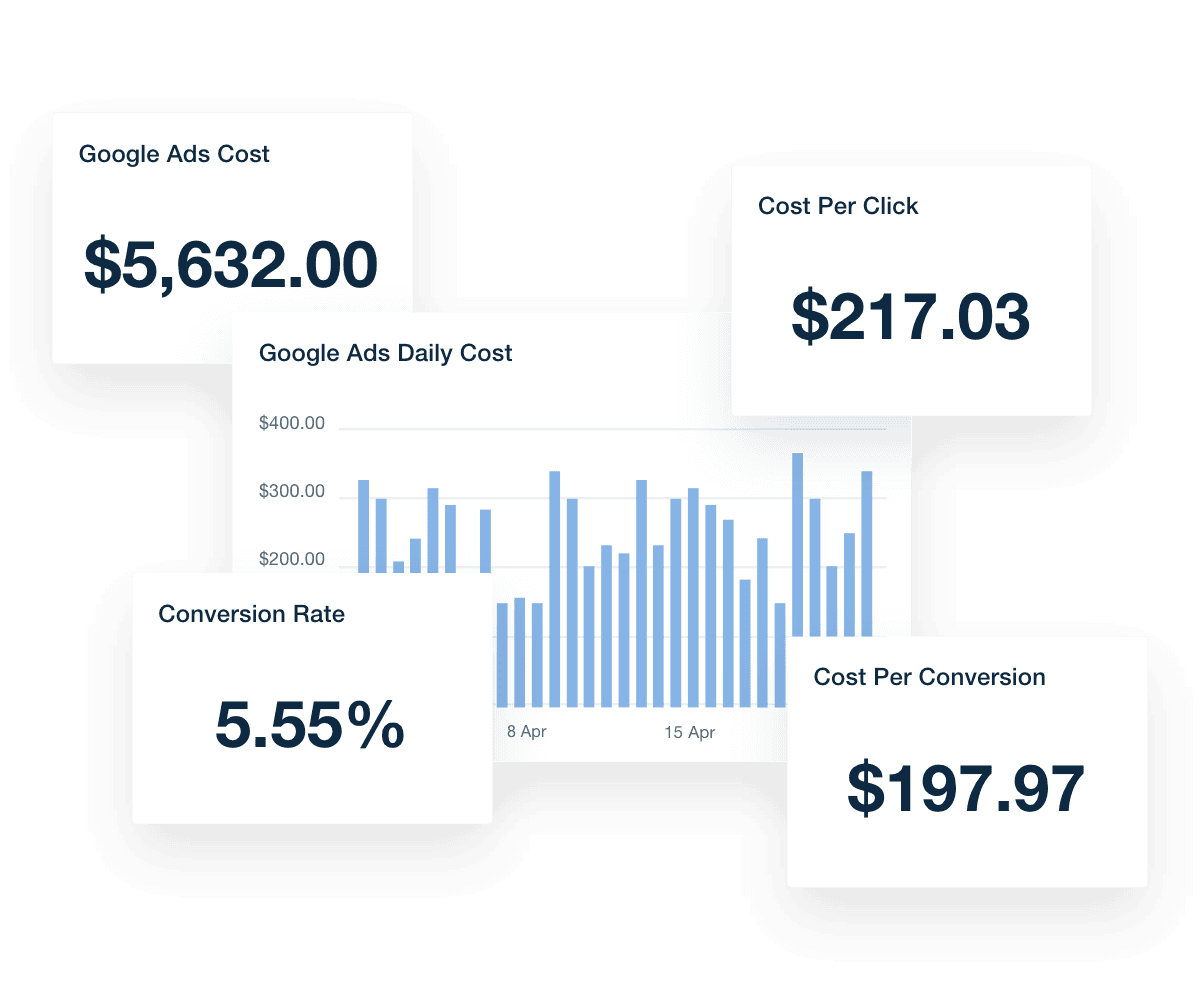
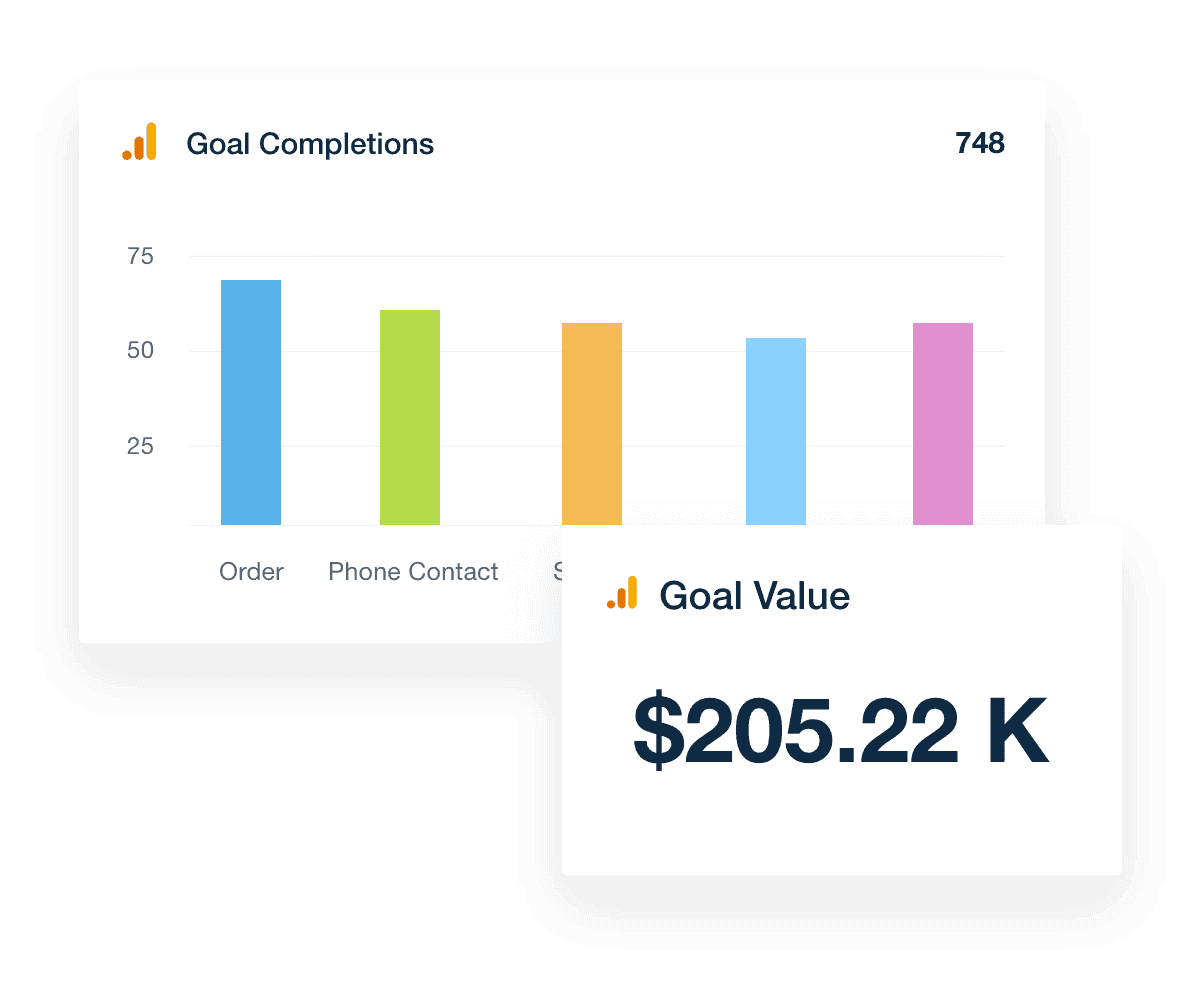
FAQs About Custom SEM Dashboards
Still have questions about how to create and use custom SEM Dashboards? Don’t worry, we’ve got you covered.
A SEM (Search Engine Marketing) Dashboard is a reporting interface that consolidates paid search performance data into one platform. It allows digital marketing agencies to track and visualize the effectiveness of their marketing efforts through charts, graphs, and widgets—without switching between tools.
To build a white label SEM Dashboard, connect your SEM platforms to a reporting solution like AgencyAnalytics, choose from prebuilt templates, and apply your agency’s branding. Customize the dashboard by incorporating your agency's branding elements—such as logos, color schemes, and custom domains—and begin monthly reporting with no manual work required.
Track key metrics like Impressions, Clicks, Click-Through Rate (CTR), Conversion Rate, Cost Per Click (CPC), Cost Per Acquisition (CPA), and Return on Ad Spend (ROAS). These KPIs help agencies analyze and optimize their marketing efforts, ad relevance, audience engagement, cost efficiency, and overall campaign effectiveness, guiding strategic adjustments to enhance performance.
The dashboard simplifies reporting by replacing manual reporting tools with automated, visual insights. Agencies can send branded reports that clearly communicate the results of SEM campaigns using dynamic charts, graphs, and widgets that clients can easily understand.
By centralizing marketing data, the SEM Dashboard enables teams to leverage data for quick optimizations. Agencies can analyze what’s working, edit underperforming campaigns, and make data-driven adjustments that improve ROI—without leaving the platform.
Yes. Customize every aspect of the SEM Dashboard by editing widgets, selecting metrics, and adjusting layouts to meet your client’s needs. Whether you're tracking a single campaign or managing dozens, the dashboard supports full customization to match any reporting workflow.
Top dashboard choices include the website analytics dashboards for web analytics insights, the social media analytics dashboard to present social media analytics, and the SEO reporting dashboard to showcase SEO outcomes. Agencies often finalize reports using the white label PPC dashboard for PPC summaries and the digital marketing reporting dashboards to capture digital marketing performance.
See how 7,000+ marketing agencies help clients win
Free 14-day trial. No credit card required.


